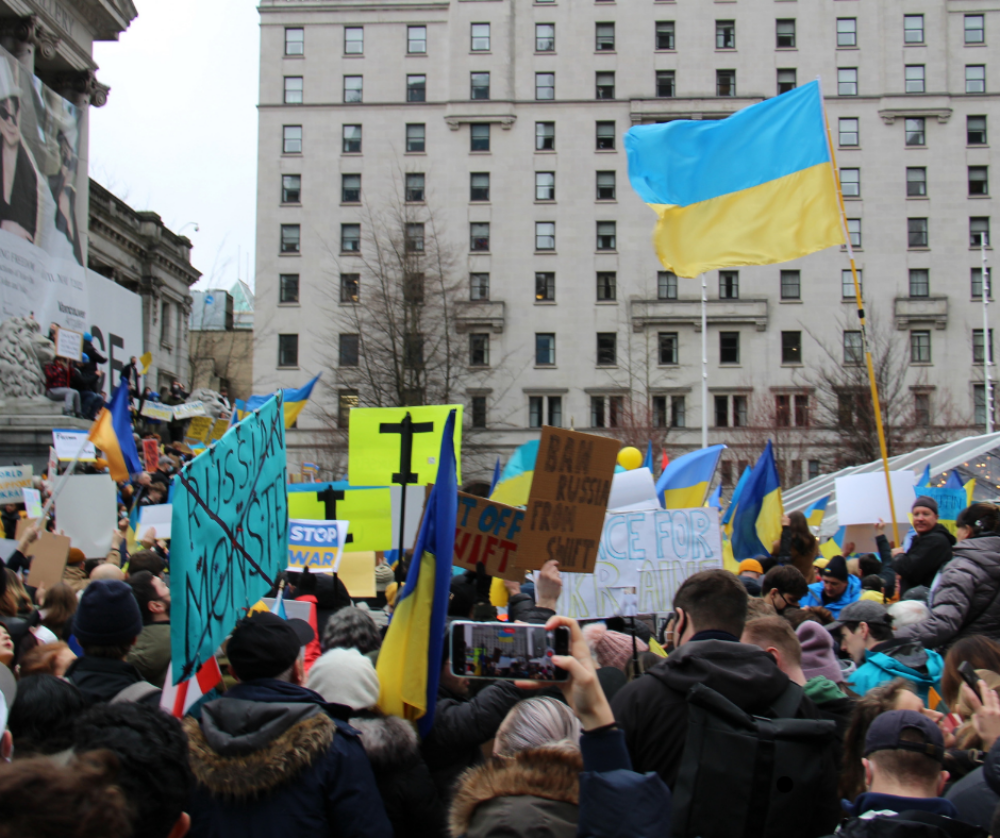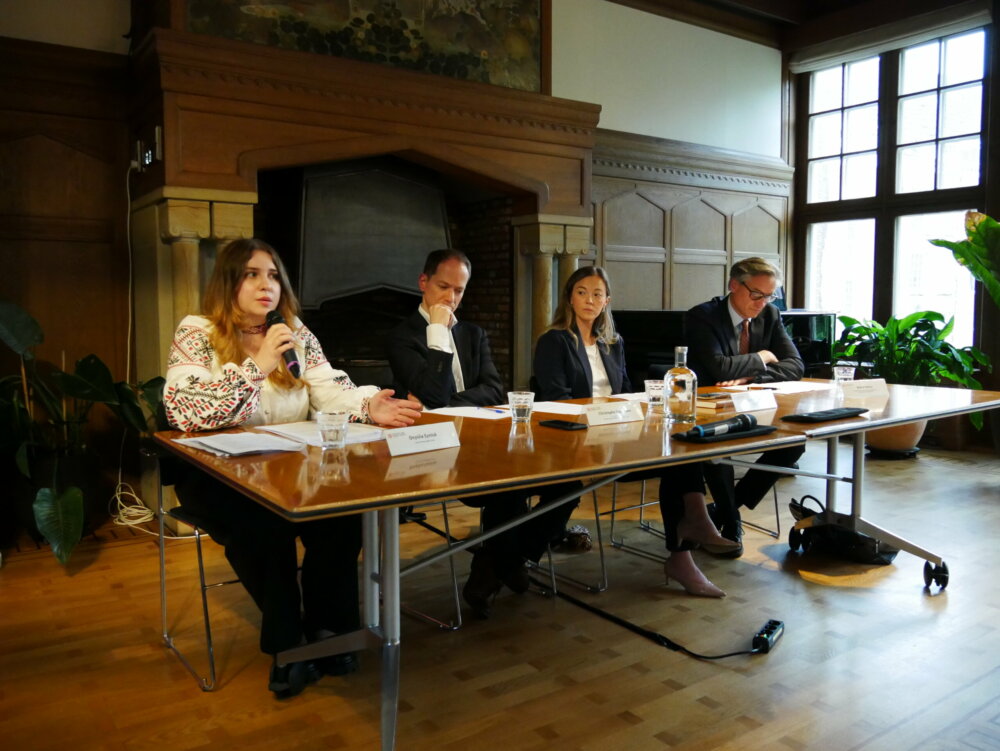Independent National Human Rights Institutions under Threat in the OSCE Region
In the last couple of years, an increasing number of National Human Rights Institutions (NHRIs) have witnessed incursions of their independence by state actors in various OSCE participating States. Several international and regional organizations, including the OSCE Office for Democratic Institutions and Human Rights (ODIHR), have voiced their concern about this worrying trend, but more needs to be done.
NHRIs are state institutions that are established by legislation approved by the national Parliaments. What qualifies these institutions to be the designated national human rights institute is their broad mandate to independently promote and protect human rights and to advocate for and to raise awareness about human rights on the national level. An NHRI is therefore an important check-and-balance mechanism in the national human rights infrastructure of any country.
NHRIs have multiple roles: from raising awareness among the general public about human rights to reporting to international human rights mechanisms; from advising governments on human rights policies to providing support to persons whose human rights have been violated. Being neither part of civil society nor the government, they act as important bridge-builders between the two. They support (the work of) human rights defenders, work together with civil society and also collaborate with the government by providing advice on how to deal with human rights issues.
Given the important roles of NHRIs, also as bridge-builders, maintaining their independence is one of the most important characteristics. Upon request by an NHRI, an international peer review mechanism assesses the institute’s compliance with the so-called Paris Principles, a set of internationally accepted criteria for independent NHRIs. This process results in the accreditation of the institute, reflecting its independence and compliance with the Paris Principles. Accredited NHRIs are reassessed periodically. Currently, there are 45 accredited NHRIs in the OSCE region.
In order to counter attempts to curb the independence of NHRIs, OSCE/ODIHR, together with a number of other international organizations, organized an expert meeting in November 2016 to discuss this worrying trend. It led to the publication of a practical outcome report and a short video that provides key insights into the various challenges faced by NHRIs.
For example, many NHRIs in the OSCE region have to deal with budget cuts. While recognizing that budget cuts of public bodies are legitimate tools in times of austerity, they should never deprive an NHRI of the minimum funds needed to perform its tasks adequately. Hence, in some cases, NHRIs have been assigned more functions, without an adequate budget increase that would be needed to work effectively.
Elections and appointment procedures of the leadership of NHRIs have also been targeted. In one case, for example, the rules of the game were changed during the election of a new head of institution. Smear campaigns against heads of institutions, and verbal attacks on NHRIs by members of Parliaments have also been observed.
Other, seemingly less blustery encroachments of the independence of NHRIs include denying coverage of the NHRI in (state-owned) media, denying immunity of NHRI leadership and postponing discussions on the findings of NHRIs in Parliament. Worryingly, the increase of number of cases seems to coincide with the polarized socio-political climate in the OSCE region, conflict and post-conflict situations in the region, the general tendency to turn away from rule of law as the basis of democratic societies, as well as denouncement of human rights as universal rights for all.
It is therefore not adequate to consider these observed cases as a technocratic matter between two institutions that scuffle about the budget or how the leadership should be appointed. What is at stake is the removal of effective human rights protection in democratic societies. As the space for civil society in the OSCE region further shrinks and independent judiciary is under pressure, the importance and role of strong and independent NHRIs only increases. They are one of the few last forms of defence against unchecked State power vis-à-vis individuals.
In the context of the OSCE’s concept of comprehensive security, which puts human rights on par with military security, as well as the principle that a threat to human rights in one OSCE participating State is an equal threat to the security of any other participating State, the elimination of the critical and autonomous voice of NHRIs should be seen as a collective security threat to the entire OSCE region that urgently needs to be addressed.
What needs to be done
Luckily, many threats are already being addressed. First and foremost by the NHRIs themselves, but also by the European Network for NHRIs (ENNHRI) and the International Ombudsman Institute (IOI).
The international community has also voiced its concerns, and civil society organizations have stood up for the independence of NHRIs in cases when their independence came under pressure.
But more can be done. First of all, governments would do well to respect, and where necessary improve the independence of NHRIs by, for example, providing adequate funding. Second, NHRIs should act as independent institutions and should more readily reach out to the public and other stakeholders to raise awareness about their work and important role in society. They can also increase cooperation and engagement with civil society to create an extra layer of support.
Third, OSCE participating States can use human rights conferences and other mechanisms to bring the situation of particular NHRIs to the attention, especially given the OSCE Human Dimension Commitments that all participating States have agreed to and can therefore be held accountable for. At this year’s Human Dimension Implementation Meeting (HDIM), however, only a handful of the interventions during the Working Session on Human Rights Defenders and NHRIs dealt with the importance of independent NHRIs. This should be addressed in future HDIM meetings, for example by encouraging NHRIs to attend the meeting and to voice their concerns.
As a fourth point, the international community can further step up its efforts to support NHRIs. ODIHR is, for example, currently bolstering its existing programmatic efforts to support and improve the independence of NHRIs in the OSCE region.
Finally, a coordinated response by the NHRIs, civil society, NHRI network organizations, and international and regional organizations such as ODIHR, the OSCE Field Missions and the UN Office of the High Commissioner of Human Rights (OHCHR) in addressing these challenges would be of great importance.
* Marc van Gool is Human Rights Adviser for the OSCE Office for Democratic Institutions and Human Rights (ODIHR). The opinions expressed in this article are his own, and don’t necessarily represent those of ODIHR.



Comments
* Your email address will not be published